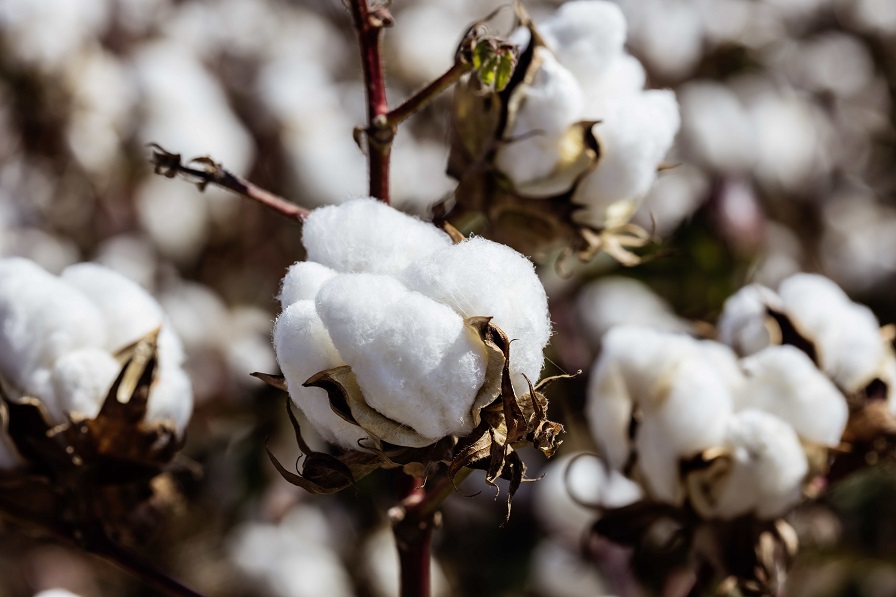
The U.S. Department of Agriculture (USDA) released its May World Agricultural Supply and Demand Estimates (WASDE) report on May 10th, 2024, providing insights into the future of cotton production and consumption. The report offers a more optimistic outlook for the 2024/25 season compared to the previous year.
U.S. production poised for increase
The May WASDE report projects a significant increase in U.S. cotton production for the upcoming season. Here's a breakdown of the key data points:
|
Factor |
2023/24 (Actual/Estimate) |
2024/25 (Forecast) |
Change |
|
Planted Area (million acres) |
Not Applicable |
10.67 |
N/A |
|
Harvested Area (million acres) |
6.4 |
9.1 |
+2.7 |
|
Production (million bales) |
12.1 |
16 |
+3.9 |
The projected increase in production is attributed to a rise in planted area and lower abandonment rates compared to 2023/24. This is welcome news for cotton producers who have faced challenges in recent seasons.
Global cotton trends
The May WASDE report also forecasts a global increase in cotton production and consumption in 2024/25. Here's a glimpse into the global projections:
|
Factor(million bales) |
2023/24 (Estimate) |
2024/25 (Forecast) |
Change |
|
Production |
120 |
125.4 |
+5.4 |
|
Consumption |
118 |
121.5 |
+3.5 |
|
Ending Stocks |
80.5 |
83 |
+2.5 |
The larger global production is expected to be driven by increased plantings and yields in major cotton-producing countries like Brazil, Turkey, and the United States. However, this growth is likely to outpace consumption, leading to a projected rise in ending stocks.
Market implications
The May WASDE report's projections for increased cotton production could put downward pressure on cotton prices in the upcoming season. However, the overall supply and demand situation remains dynamic and will be influenced by various factors, including global economic conditions and trade policies.
Looking ahead
The USDA's WASDE report serves as a valuable tool for cotton industry stakeholders to make informed decisions. While the May report offers a positive outlook for production, it's crucial to monitor future WASDE reports and other market indicators to stay updated on the evolving cotton market landscape.












